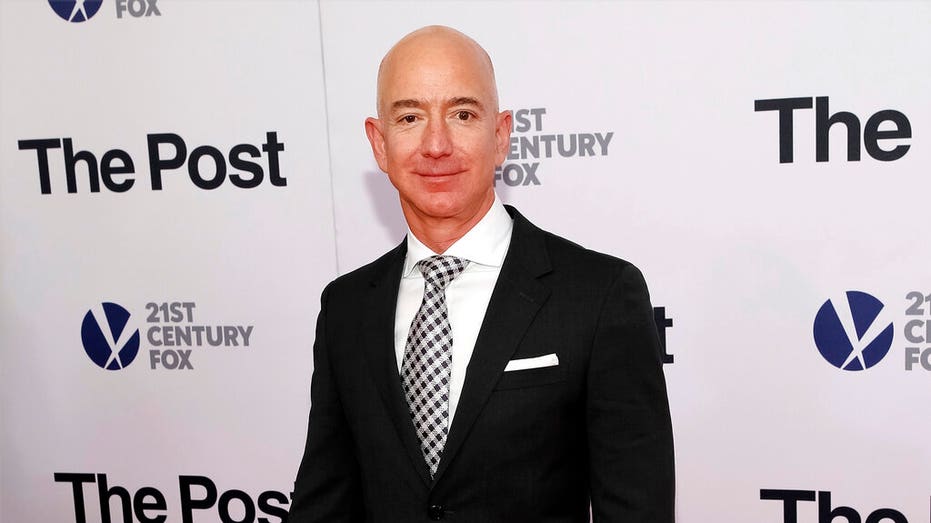In a bold and unfiltered critique, a former chief editor of the Washington Post has openly criticized Jeff Bezos for what he perceives as a significant misstep regarding an endorsement decision. The editor claims that Bezos’ actions amount to nothing short of a “betrayal” of journalistic values and principles that the publication stands for.
The dispute arises from an endorsement made by the Washington Post, during which Jeff Bezos, the billionaire owner of the prominent newspaper and founder of Amazon, was seen as having a heavy influence on the decision. For the former editor, this move veers away from the independence and integrity expected from a respected journalistic institution. The endorsement in question seems to have touched a nerve, not necessarily because of who or what was endorsed, but due to the process and perceived involvement of Bezos in making editorial decisions.
The former editor, who had a notable tenure at the Washington Post, bases his comments on the notion that media ownership should not equate to editorial control. Traditionally, the independence of an editorial team from its financial backers is seen as a cornerstone of journalistic integrity. Intrusions into this sacred space, the argument goes, erode public trust and potentially sway the media narrative based on external influences rather than steadfast journalistic inquiry.
Bezos, who took ownership of the Washington Post in 2013, has often been in the headlines for his innovative approaches to both technology and media. Under his leadership, the newspaper has transformed into a digital powerhouse with expanded global reach. However, his style of leadership and potential impact on editorial content has been a topic of debate among media watchdogs and former staff members.
The former editor’s comments highlight an ongoing conversation in the industry about the power dynamics between media owners and newsroom staff. His outcry reflects concerns that when affluent owners like Bezos, who possess significant business interests beyond the media, exert influence on journalistic decisions, it may pose challenges for maintaining the independence required for unbiased reporting.
While the endorsement decision might have been intended to reflect the publication’s stance on pressing issues, the process has instead opened up discussions about the evolving roles and responsibilities of media proprietors in the current landscape. This controversy ignites further examination of how ownership influences editorial strategy and public perception.
As the industry grapples with these issues, media analysts and professionals are left to consider how news organizations can balance financial backing and editorial autonomy. The growth and success of a publication, especially in these changing times, depend not only on digital innovation but also on ensuring that journalistic principles remain unchanged.
































